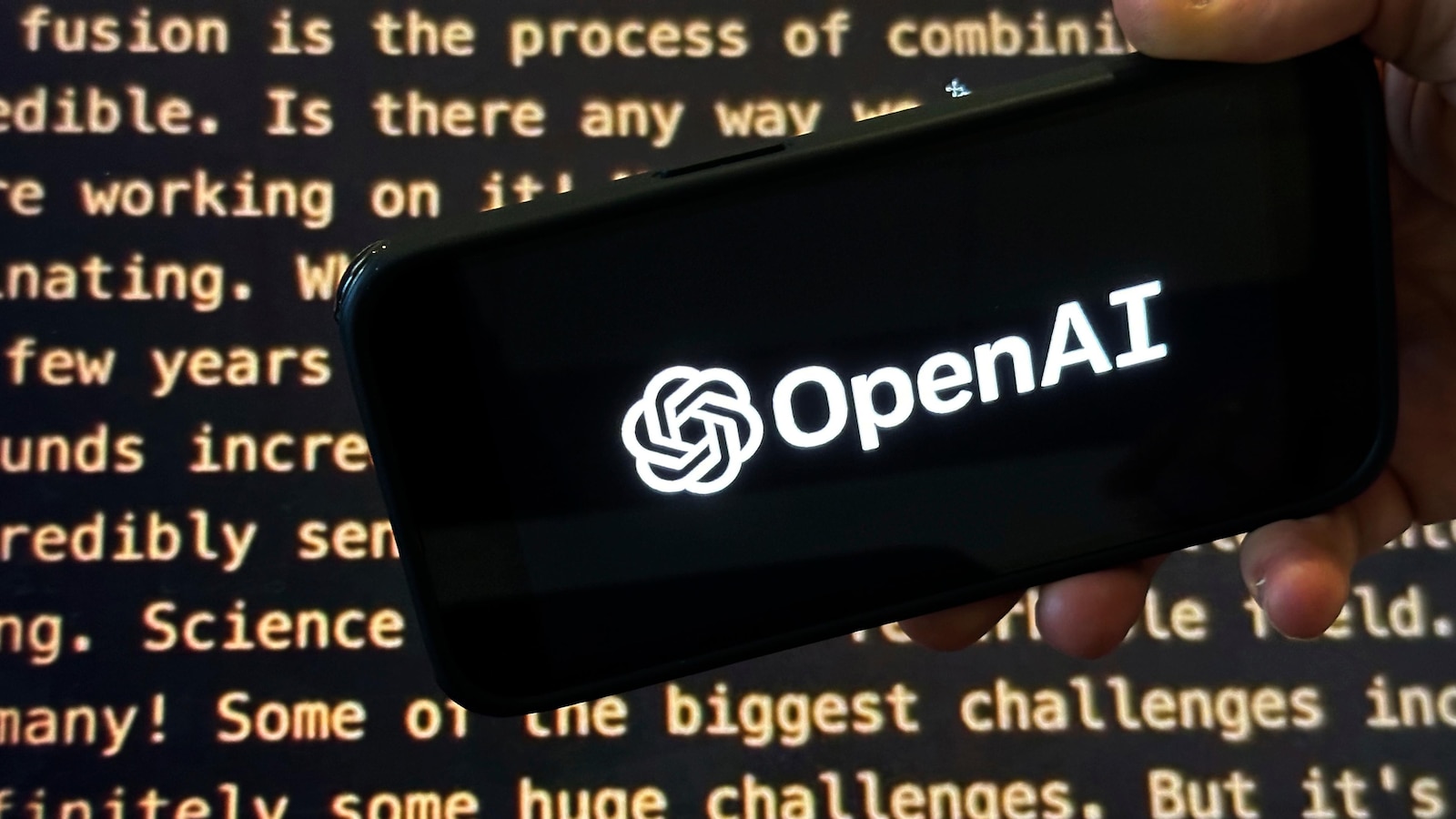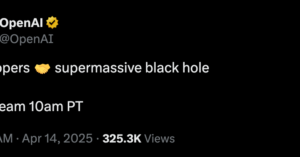Former OpenAI Employees Urge Attorneys General to Prevent For-Profit Transformation of ChatGPT Creator

Concerns Surround OpenAI’s Shift to For-Profit Model
Former employees of OpenAI are urging California and Delaware’s top law enforcement officials to intervene regarding the company’s transition from a nonprofit organization to a for-profit entity. Their worries center on the potential implications this change could have for AI technologies, particularly as OpenAI seeks to develop artificial intelligence that may surpass human capabilities.
Background of OpenAI’s Transition
OpenAI, the renowned creator of ChatGPT, began as a nonprofit organization with a mission to advance artificial intelligence safely. However, the organization is now negotiating a shift in its operational model. This move has raised alarms among former staff members who believe the change might diminish the accountability OpenAI has towards its original public mission—to ensure that AI benefits humanity and does not pose significant risks.
Concerns from Former Employees
The group of former employees, which includes Page Hedley, a previous policy and ethics advisor at OpenAI, is particularly concerned about the fate of this newly developed technology should it operate without a commitment to public accountability. "I worry about who will own and control this technology once it’s created," stated Hedley during a recent interview.
This coalition, which includes notable figures such as three Nobel Prize winners, has sent a letter to California Attorney General Rob Bonta and Delaware Attorney General Kathy Jennings, both of whom are Democrats. They are asking state authorities to protect OpenAI’s charitable purpose and prevent the company from reconfiguring its governance structure based on profit motives. OpenAI’s headquarters is located in San Francisco, while it is incorporated in Delaware.
OpenAI’s Viewpoint
In response to these concerns, OpenAI maintains that any modifications to its organizational structure will ultimately serve the public good by facilitating broader access to artificial intelligence technologies. The company plans to operate as a public benefit corporation, which allows it to pursue profits while still retaining a commitment to public benefit alongside its nonprofit sector.
OpenAI stated, "This structure will continue to ensure that as the for-profit succeeds and grows, so too does the nonprofit, enabling us to achieve our mission."
Previous Appeals to State Officials
This letter marks the second appeal to state officials in a short time. Earlier in the month, another group, comprising labor leaders and various nonprofit organizations, requested that state regulators protect OpenAI’s extensive charitable assets. Attorney General Jennings has previously committed to reviewing any significant transactions involving OpenAI, and Bonta’s office has sought more information from the company regarding the planned changes.
Internal Conflicts and Initial Principles
OpenAI was founded nearly a decade ago by co-founders like Sam Altman and Elon Musk, who envisioned an organization devoted to developing artificial general intelligence for the benefit of humanity. Currently, OpenAI is valued at around $300 billion and reportedly serves 400 million weekly users of ChatGPT.
Despite having a for-profit subsidiary, OpenAI faces hurdles in restructuring its core governance principles. This issue is compounded by a lawsuit from Musk, who claims OpenAI has strayed from its foundational values.
Voices from the Experts
The letter’s signatories include distinguished economists such as Oliver Hart and Joseph Stiglitz, and eminent AI researchers like Geoffrey Hinton and Stuart Russell. Hinton expressed his concern, stating, "I like OpenAI’s mission to ensure that artificial general intelligence benefits all of humanity, and I hope they stay true to that mission rather than primarily focusing on enriching investors."
Former employees echo these sentiments. Anish Tondwalkar, a software engineer with OpenAI experience, noted the importance of the nonprofit charter’s "stop-and-assist clause," which mandates that OpenAI must assist if another organization approaches achieving superior AI capabilities. Without this nonprofit oversight, Tondwalkar warns that significant protections for public welfare could disappear.
Nisan Stiennon, another former employee, voiced a more urgent warning: "OpenAI may one day build technology that could get us all killed. It’s crucial that it remains under the control of a nonprofit committed to humanity’s well-being."
The Road Ahead
As debates over the future of OpenAI continue, the organization faces intense scrutiny from former employees, public advocates, and regulatory authorities. Concerns about the balance between profit motives and societal safety remain critical as AI technology evolves rapidly.






